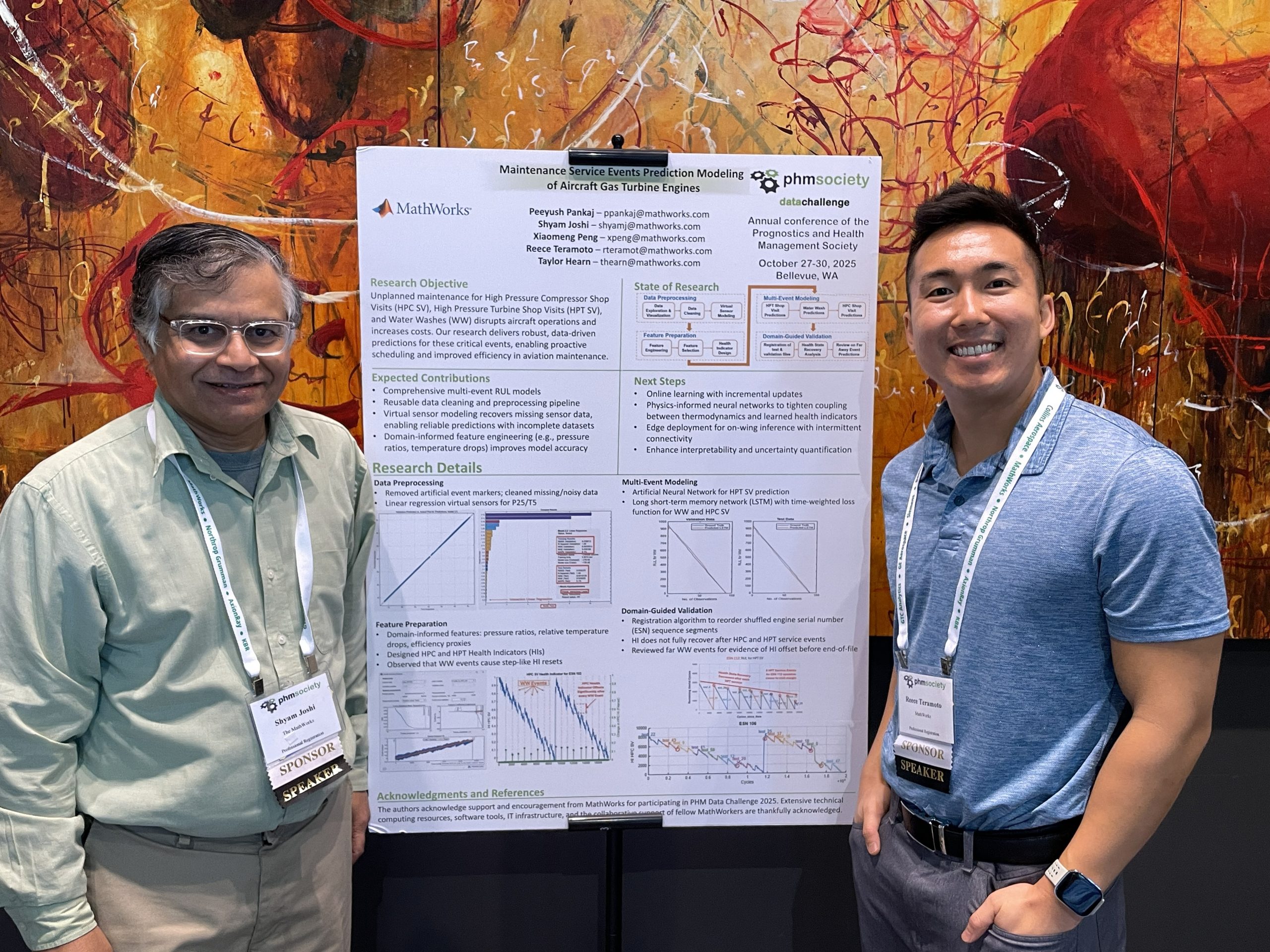
Co-author: Peeyush Pankaj Peeyush Pankaj is an application engineer at MathWorks with a strong Aerospace background and deep domain expertise in vibrations and mechanical systems (engine... 更多内容 >>

Co-author: Peeyush Pankaj Peeyush Pankaj is an application engineer at MathWorks with a strong Aerospace background and deep domain expertise in vibrations and mechanical systems (engine... 更多内容 >>

Last month, we announced the release of the MATLAB Model Context Protocol (MCP) Core Server, opening a new bridge between MATLAB and the next generation of AI agents. The response has been... 更多内容 >>
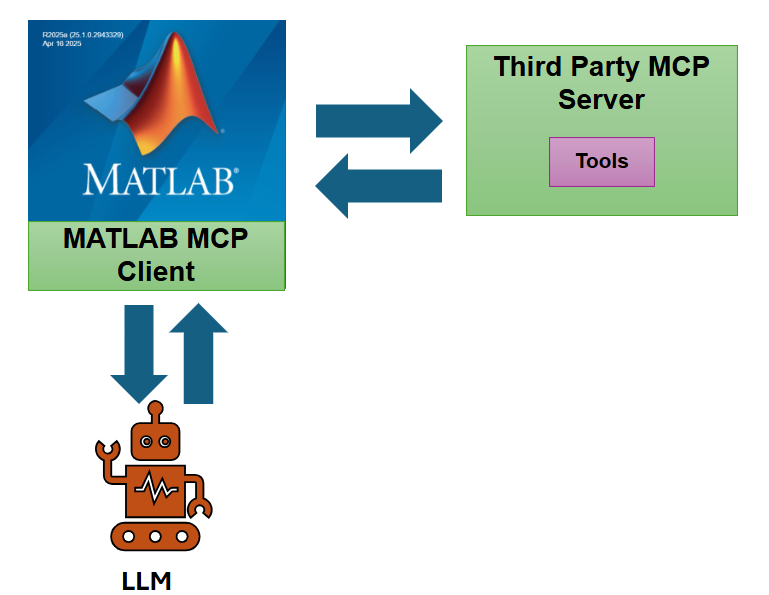
Guest Writer: Shweta Pujari Shweta Pujari is the Product Manager for AI and GenAI. In this blog post, she joins me to demonstrate how to use the new MATLAB MCP Client to build agentic... 更多内容 >>
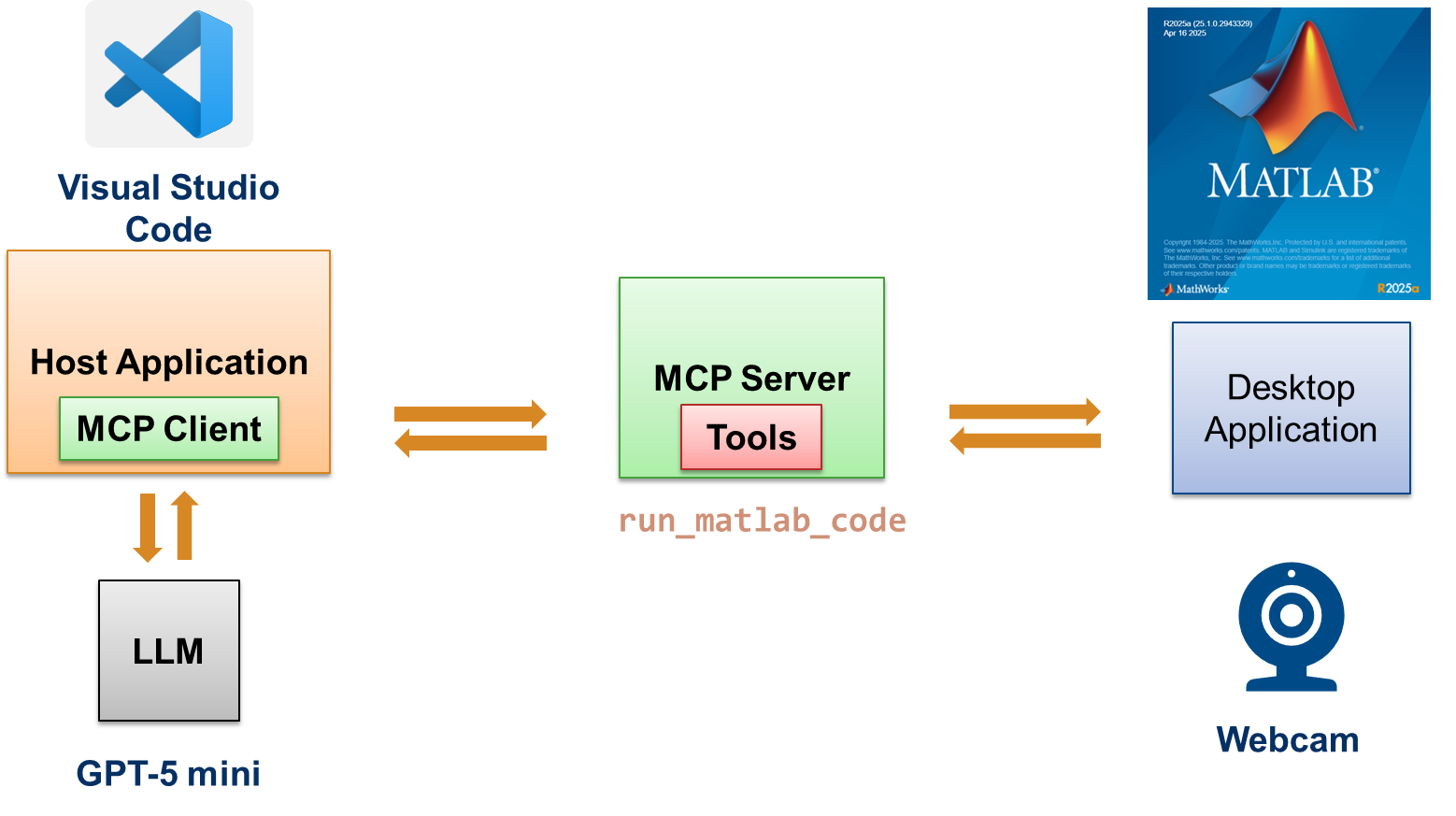
Guest Writer: Jacob George Jacob George is the Product Manager for Data Acquisition Toolbox, Image Acquisition Toolbox, and ThingSpeak. In this blog post, he discusses MATLAB MCP Core... 更多内容 >>
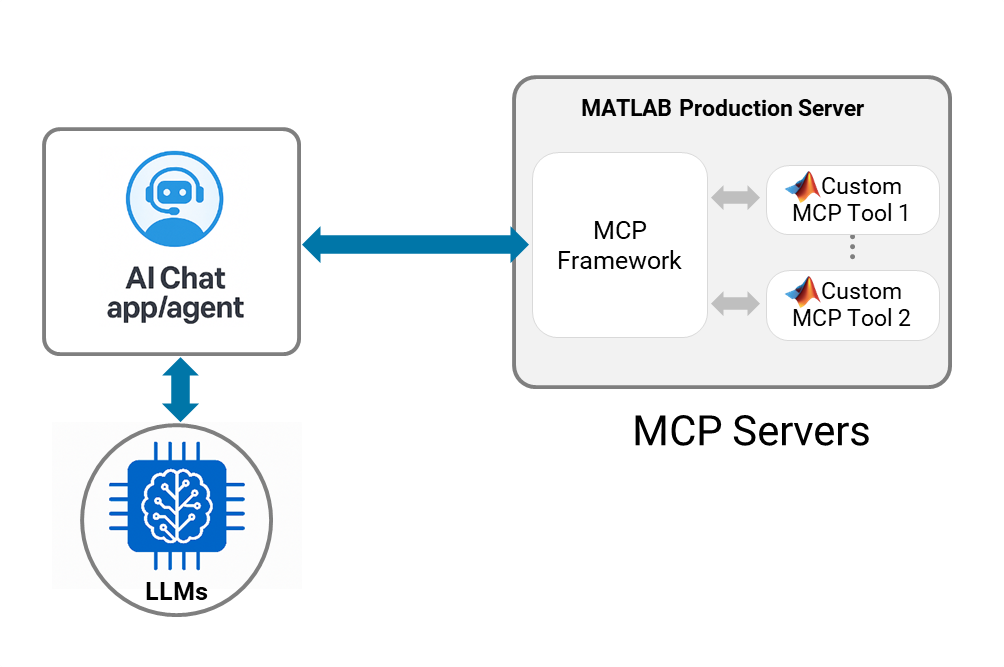
This Monday, we are releasing the new MCP framework for MATLAB Production Server on GitHub: https://github.com/matlab/mcp-framework-matlab-production-server Guest Writer: Lawrence... 更多内容 >>
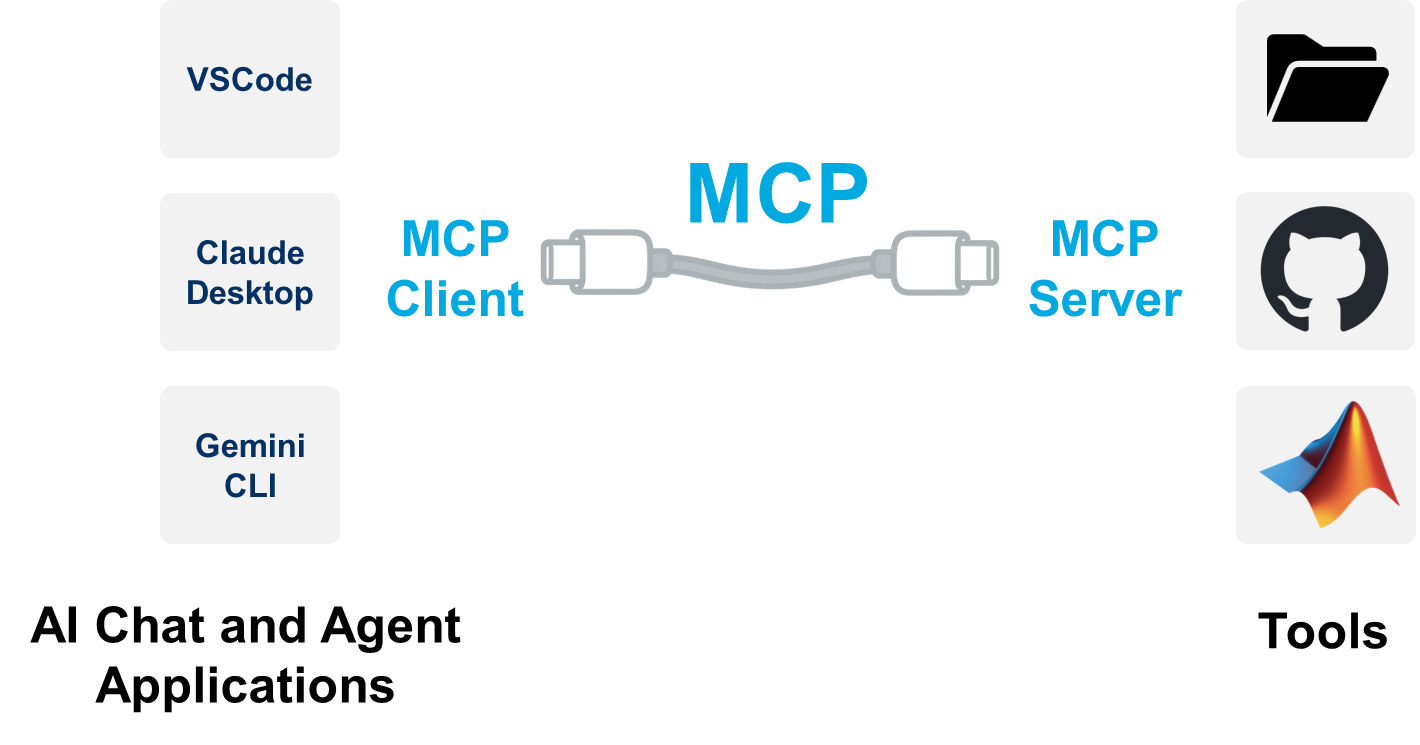
This blog post is co-authored with Akshay Paul, the product manager for the new MATLAB MCP Core Server that released on Friday 31st of October on... 更多内容 >>
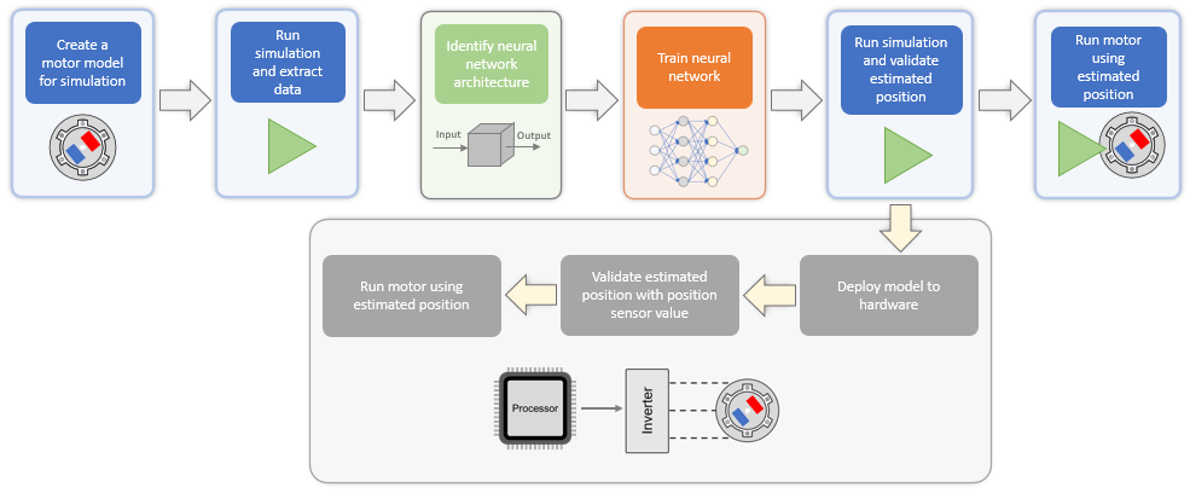
I am a MATLAB user. Even though I am familiar with the idea of Control Systems, I do need some help from my colleagues to work on projects that involve embedding AI into hardware. This example from... 更多内容 >>

This blog post is from Cory Hoi, Engineer at MathWorks Engineering Development Group. In our previous blog post, we used the Video Labeler app to segment both the tennis ball and the... 更多内容 >>

This blog post is from Cory Hoi, Engineer at MathWorks Engineering Development Group. With the rapid advancement of artificial intelligence (AI), harnessing its power is now more... 更多内容 >>
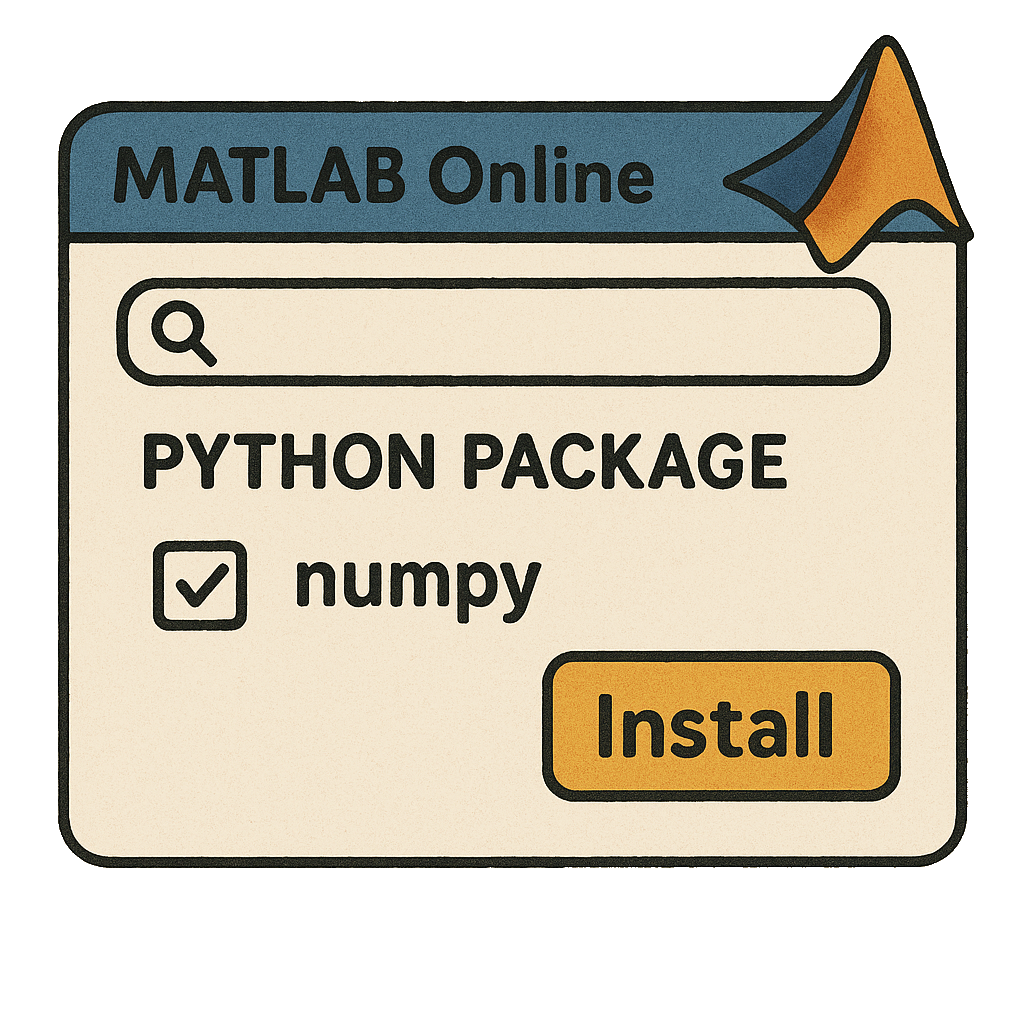
MATLAB Online is a very convenient platform for working with MATLAB and Python® together. And I am not only saying this because I was part of the MATLAB Online product team until fairly recently (ok,... 更多内容 >>